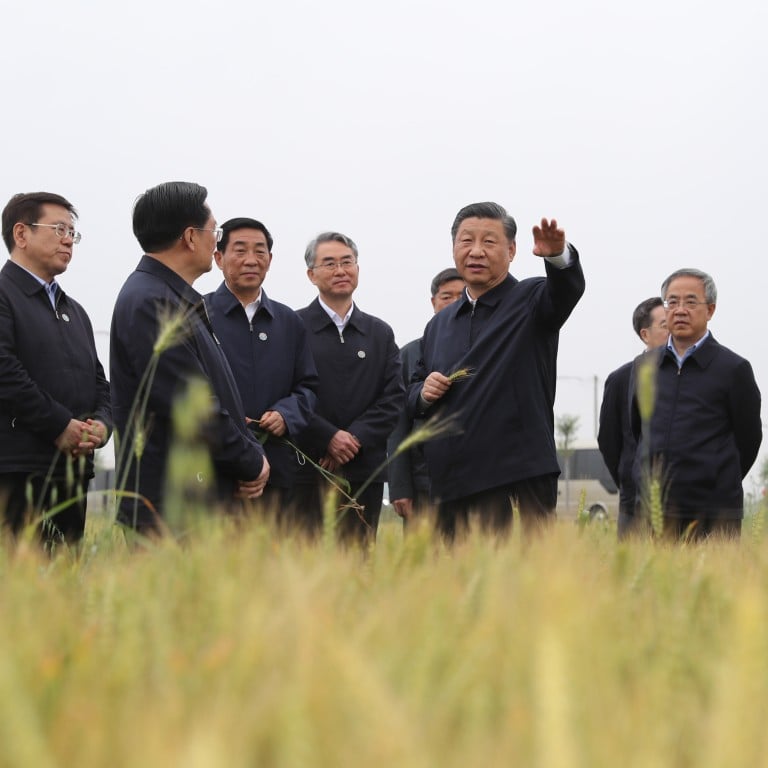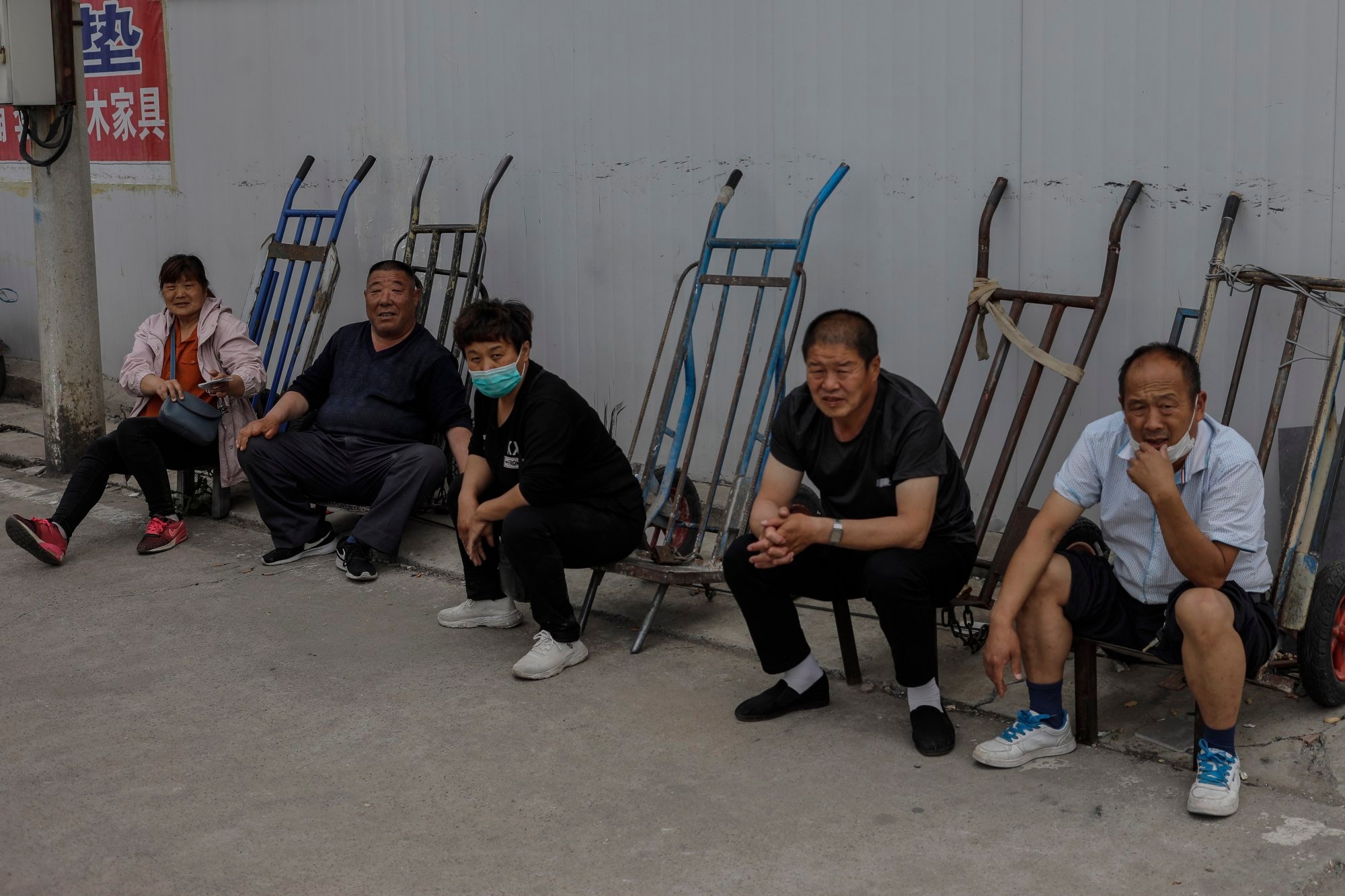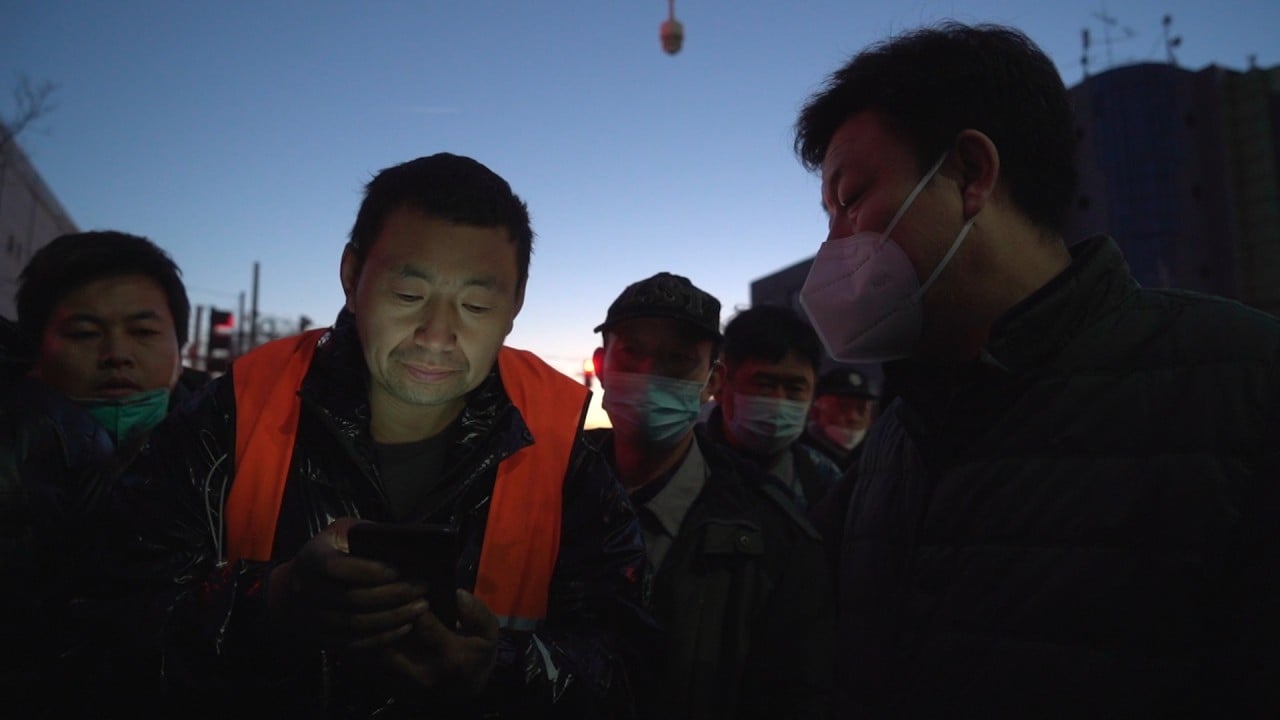
China calls on urban retirees, veterans to return to rural roots in ‘revitalisation’ push
- Circular signed by nine ministries and several government bodies urges ‘capable people’ to head home to push rural revitalisation goal
- Policy may fail without reform of law barring returnees from leasing or owning land, or provision of better healthcare, observers warn
However, a lack of clear incentives could hobble the ambitious plan, observers warned.
Nine central ministries, led by the Ministry of Agriculture and Rural Affairs, recently issued a joint circular, calling for retirees with experience in public service, education, healthcare and technology, as well as military veterans, to return to their hometowns to settle down and help achieve rural revitalisation.
Returnees should be encouraged to take up roles such as development counsellors, village-level affairs supervisors, public opinion collectors and village development advisers, according to the notice.
“It is important to attract a group of talented individuals, college graduates and skilled workers to return to their rural hometowns, and persuade migrant workers to head home. Entrepreneurs are also welcome.”
It also urged local authorities to recruit “reputable, fair-minded, and capable people” willing to return to their hometowns as mediators in neighbourhood conflicts, or organisers of village design and charity activities.
Other signatories included the National Development and Reform Commission, China’s top economic planning body, and the All-China Federation of Industry and Commerce, a government chamber representing Chinese businesses.
China’s vast, poorer rural areas have long suffered population loss, as rapid urbanisation along the coast encouraged millions of villagers to migrate to the cities in hopes of higher incomes, better healthcare and education, often leaving aged parents and young children behind.

Existing efforts to mobilise youngsters to develop inland rural areas have also intensified as the top leadership doubles down on its campaign to “revitalise the countryside”, a key component of the government’s current five-year development plan, aimed at narrowing the urban-rural development gap and achieving the “second centenary goal” of making China a great, modern socialist country.
Xi, who first listed “rural rejuvenation” as a policy priority during the 19th national congress of the ruling Communist Party six years ago, has called it a “major task in realising the great rejuvenation of the Chinese nation” following the elimination of absolute poverty in 2021.
Emphasising the drive during recent inspection visits to rural areas in Guangdong and Sichuan provinces, Xi called on local authorities to consolidate the achievements of China’s poverty alleviation and “put rural revitalisation in a prominent position”.
Graduates explore rural job opportunities, but it’s different from Mao’s day
However, several Chinese commentators – including Tao Ran, a professor at the Chinese University of Hong Kong’s Shenzhen campus – have warned of the policy having very limited effect, unless Beijing seeks to reform its decades-old land policy to allow returnees to lease or own rural land.
If returning retirees were barred from buying a home and land, it would “reduce the incentive for them to return to their hometowns”, Tao told Chinese media on Thursday.
“Rural infrastructure is relatively poor, and pension services and medical facilities are not as good as in the cities. It will be difficult to attract retirees, especially middle- and high-income retirees, to return,” Tao was quoted as saying by Chinese internet portal Sohu.
However, there is no clear way to bypass Chinese land laws for now.
Urban retirees returning to their ancestral hometowns cannot buy, sell or inherit homesteads, authorities in Hubei province said in an August 14 reply to local political advisers who suggested a change in the policy.
They can only “cooperate with local villagers” if they want to build a house, the Hubei agriculture and rural affairs department said, citing China’s Land Administration Law.
Failure to address “critical issues” like allowing returnees to have their own home or access to quality medical care currently unavailable in rural areas might see the whole plan just “fall apart”, Deng Yuwen, a former deputy editor of the Study Times, the official newspaper of the Central Party School for cadre-training, said.
“It will just be another project that stays on paper if such critical or basic issues are not resolved.”


